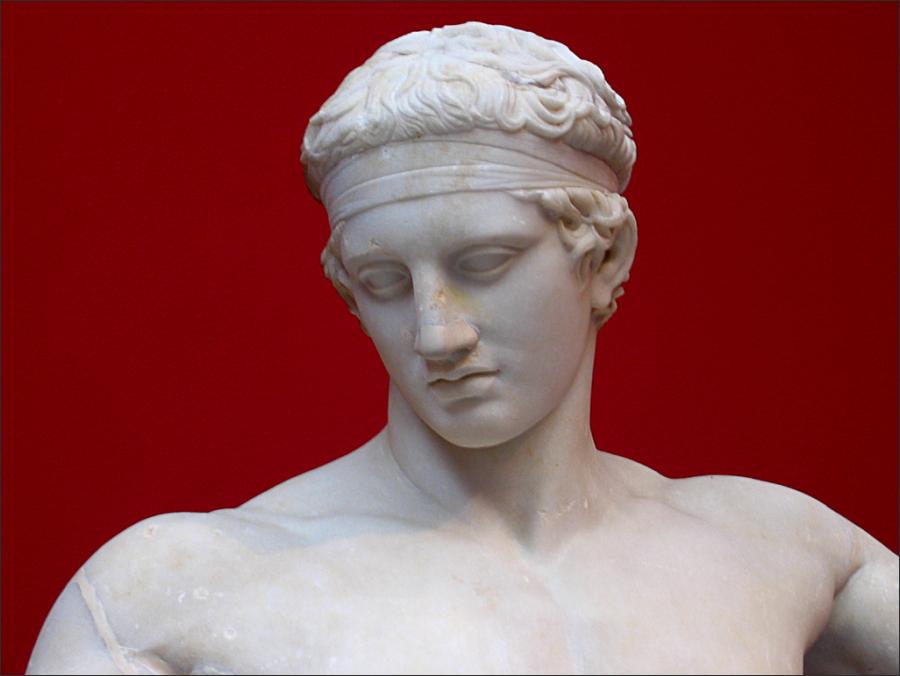Xenophon was an Athenian born about 425 B.C. He was taught by Prodicus, then by Socrates, whose personality and ethical views made a lasting impression. In 401 Xenophon joined the expedition which Cyrus was preparing against his brother Artaxerxes, king of Persia. After the battle of Cunaxa the Greek contingent found themselves surrounded by enemies…
Euripides: Devoting a life to dramatic composition and literary study
Tradition places the birth of Euripides on the very day of Salamis, 480 B.C. His life was devoted to dramatic composition and literary study: he possessed a library, and, avoiding casual society, wrote much of his work in a cave on Salamis. The Ionian philosopher Anaxagoras had great influence upon him, and Socrates is said…
Thucydides: Writer of History of the Peloponnesian War
Thucydides, who composed in what are now eight books a history of the ‘Peloponnesian War’ (431-404 B.C.), was born at Athens between 470 and 455 B.C. Through his father Olorus he was connected with Miltiades, the Marathonian hero, and inherited great wealth derived from the gold-mines of Scapté Hulé in Thrace. The rhetorician Antiphon and…
Pindar: Culmination of the Great Lyric Age
Pindar was born at Cynoscephalae, a village near Thebes in Boeotia, about 520 B. C. He began early the practice of lyrical composition: a pretty story relates that in his childhood bees laid honey upon his lips as he slept. Among his instructors were the local poetesses Corinna and Myrto, and later the illustrious Lasos…
Aristotle: Macedonian Philosopher, Founder of Lyceum
Aristotle was born in 384 B. C. at Stagira, a Greek colony on the Macedonian coast near Mount Athos. His father, Nicomachus, was the physician of Amyntas II, king of Macedonia. In 367 Aristotle went to Athens and studied under Plato till the latter’s death in 347; he then removed to Atarneus in Asia Minor,…
Sappho: Greatest of All Woman Poets
The dates both of Sappho’s birth and of her death are unknown, but it is clear that she ‘flourished’ about 600 B. C. Her birthplace was Eresus in Lesbos, but her life was spent mostly at Mitylene in the same island, though she was for a time banished and sailed to Sicily. She was married…
Plato: The assiduous follower of Socrates
Aristocles, nicknamed Plato (‘Broad-Shoulders’), was born at Athens probably in 428 B. C. After an unusually wide education he became a pupil of Cratylus, the Heraclitean philosopher. Soon, however, for he was still only twenty, he attached himself to Socrates, whose assiduous follower he remained till 399 B. C., when Socrates was put to death…






